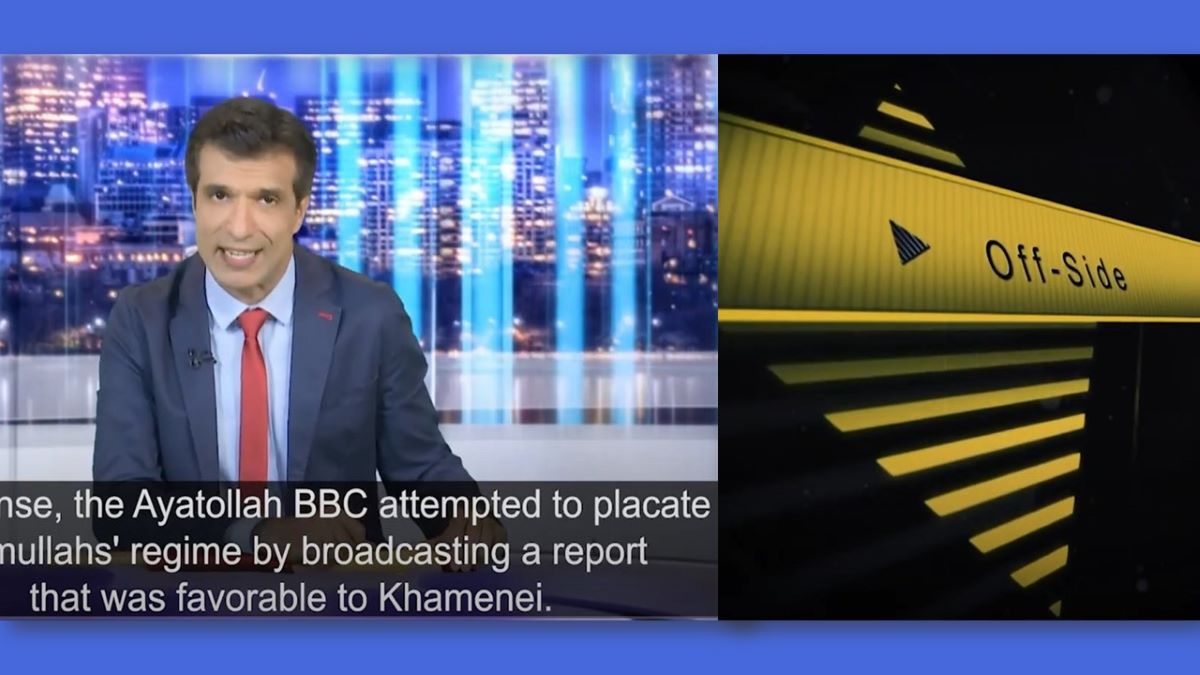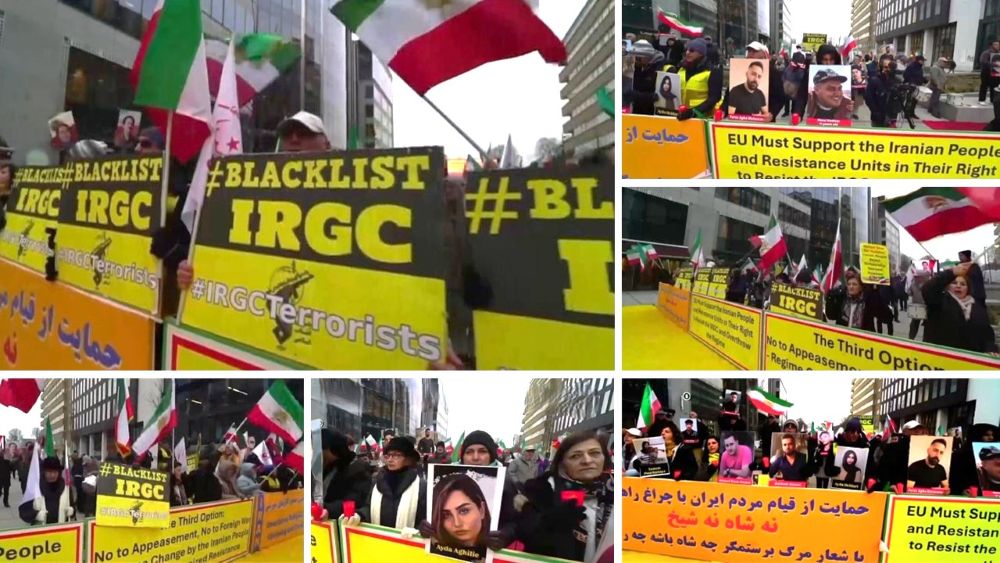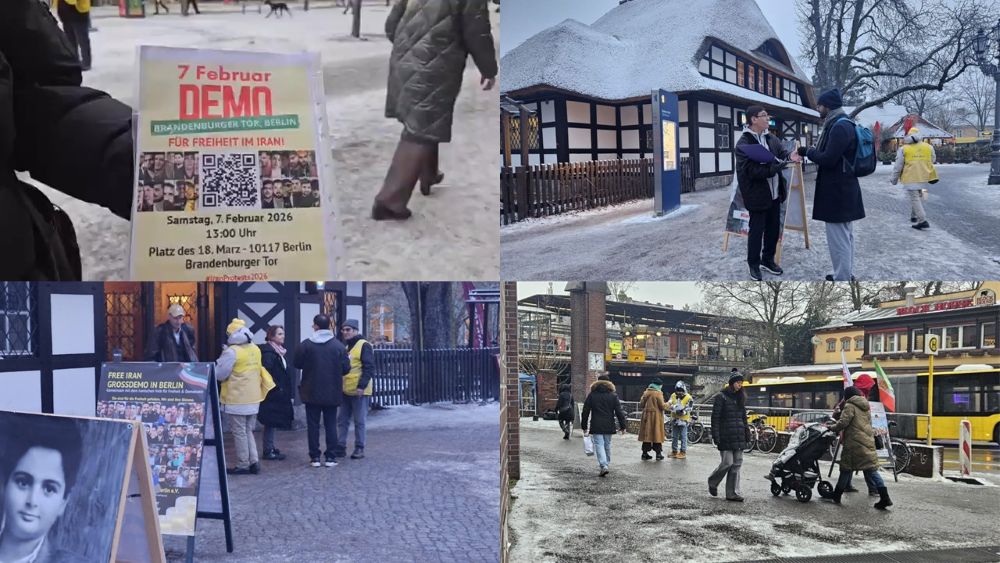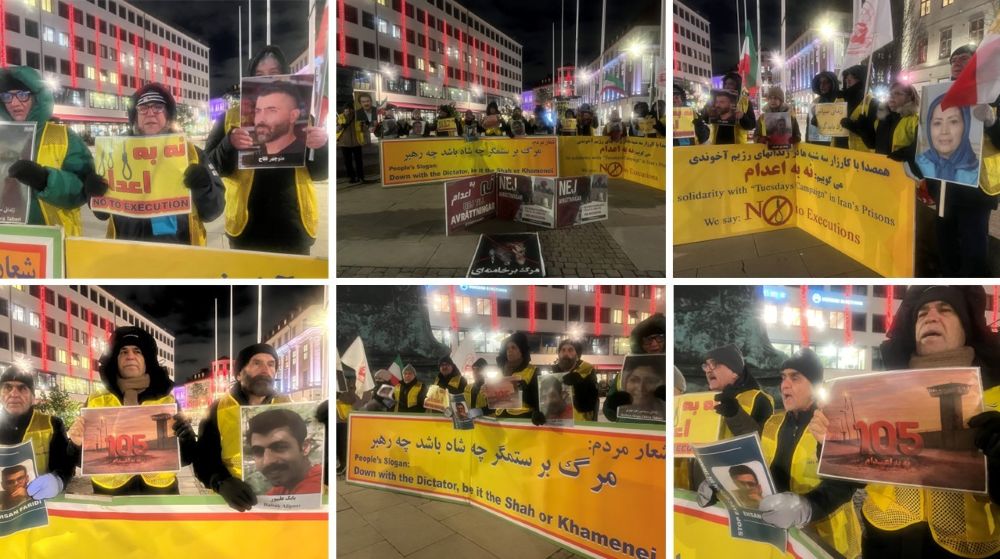The documentary “The Children of Camp Ashraf” explores the controversial separation of children from their parents by the People’s Mojahedin Organization of Iran (PMOI/MEK) during the early 1990s. It has sparked significant debate, particularly due to its coverage by BBC Persian and the ties of its director, Sara Moein Khayrat, to figures associated with the Iranian regime.
Political Context and Criticism: The documentary comes at a time of heightened tension in Iran, with public outrage over the actions of the IRGC and the regime. The BBC Persian’s decision to air the documentary has been criticized as an attempt to placate the Iranian regime.
Documentary Focus: The film narrates the lives of four children out of nearly a thousand who were separated from their parents in Camp Ashraf and sent to Europe, primarily Germany and Sweden, to ensure their safety during the Iran-Iraq War.
Criticism of the Documentary: The documentary and its director have faced accusations of bias and lack of transparency. Critics argue that Sara Moein Khayrat has no prior film production history and has ties to individuals associated with the Iranian regime’s Ministry of Intelligence (MOIS). Her social media activity suggests support for regime figures and lobbyists.
Historical and Humanitarian Context: PMOI‘s decision to send children abroad during the bombardments in Iraq is compared to similar wartime actions, like those seen in Ukraine, where parents sent their children away to safety while staying behind to fight. The documentary, however, omits this context, portraying the separation as forced and traumatic without acknowledging the humanitarian intent behind it.
Narrative and Interviews: The BBC’s coverage includes pre-recorded interviews and selective reporting, which has been interpreted as aligning with the regime’s narrative. The film and its promotion have been seen as part of a broader effort to discredit the PMOI and distract from current political issues within Iran.




